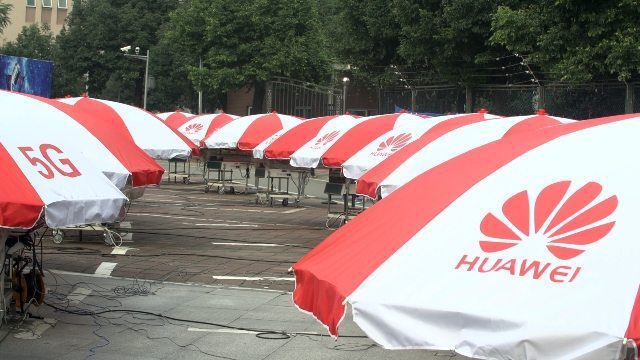Verizon follows AT&T in backing out of smartphone resale agreement with Huawei
U.S. government officials seem highly concerned about perceived security threats posed by Chinese telecom equipment giant Huawei, which sells everything from radio access network equipment to smartphones.
In the latest, Bloomberg reports that Verizon has dropped out of a deal to sell Huawei devices to its U.S. subscriber base. AT&T did the same thing in the run-up to CES earlier this month. Citing “people familiar with the matter,” Bloomberg reports that carriers are “under pressure from the U.S. government.”
In the aftermath of the AT&T decision at a CES keynote, CEO of Huawei’s consumer business group Richard Yu spent the better part of an hour boasting the features of the company’s new Mate Pro 10 smartphone before addressing what was really on everyone’s mind. “It is a big loss for us and also for carriers but more for consumers. Huawei has proved its quality and security.”
But the level of concern at top levels of the government extends well beyond just smartphones. Rep. Michael Conaway (R-Texas) wants to formally bar Huawei and ZTE from doing business in the U.S. with his HR 4747, which has drawn 11 co-sponsors.
And, if that weren’t enough, the Trump administration is apparently examining a potential government-led deployment of nationwide 5G. According to the internal administration document, originally published by Axios and confirmed by Reuters, the primary impetus for this consideration is a protecting against security threats from China. The memo author reports that, “China has achieved a dominant position in the manufacture and operation of network infrastructure. China is the dominant malicious actor in the information domain.”
Specific to Huawei, the document suggests Huawei is using “market distorting pricing and preferential financing to dominate the global market for telecommunications infrastructure. China sets aside up to 70% of its mobile infrastructure market for Huawei and ZTE, only allowing Western vendors to compete for the remainder. The magnitude of the Chinese market allows the companies to effectively fund their R&D with domestic sales while insulating the companies against global infrastructure spending down turns. The government has also extended an estimated $100 billion line of credit to Huawei to finance deals abroad.”

